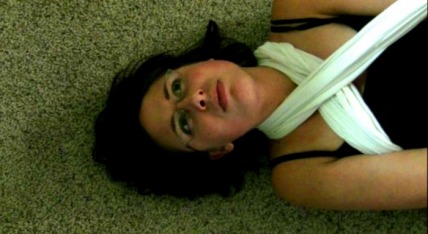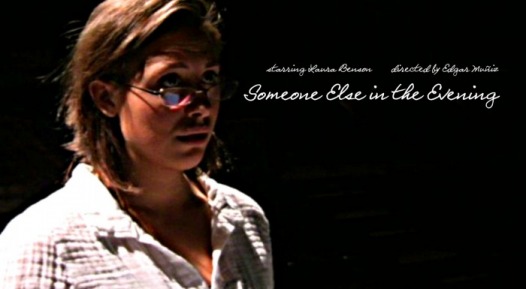
Eva is determined to produce a one-act play about the frailty of human relationships. Although the requirements for her grad project are to merely complete and present the play to her school board, she is determined to elevate the content of her story and to produce a more bold and confrontational piece. Her constant rewrites of the play, her strange casting methods, and her increasingly patronizing directing style all begin to take their toll on her personal life. What Eva believes at first to be an ambitious and honest artistic endeavor quickly begins to alienate her from human connections and her own feelings. Eva insists on casting non-actors in order to present the material in a naturalistic way, yet her play, as she rewrites it compulsively, becomes more and more stylized and mannered. Ignoring most phone calls, her only 'emotional connection' to the outside world is through videotaped auditions/interviews, which she watches almost disconnectedly. Avoiding any form of commitment, she enjoys the occasional visit from a married man and revels in making him nervous about his visits. She effectively keeps herself at an emotional and physical distance in order to focus on her project, but her behavior eventually becomes unsustainable. As much as Eva believes that she's designing her life to suit her needs, she's simply not immune to human pain and loneliness. In trying to depict 'love' as an absurd human weakness, she realizes that all the frustration, anger and vulnerability she's trying to force into artistic expression on stage are really just the emotions she stifles deep within herself.


